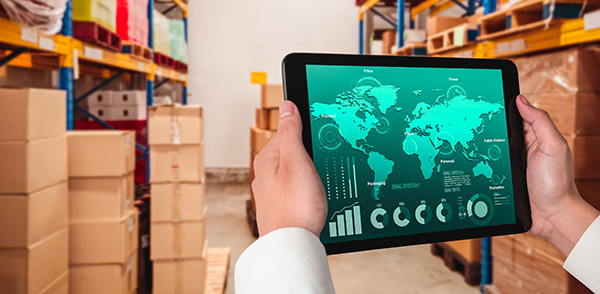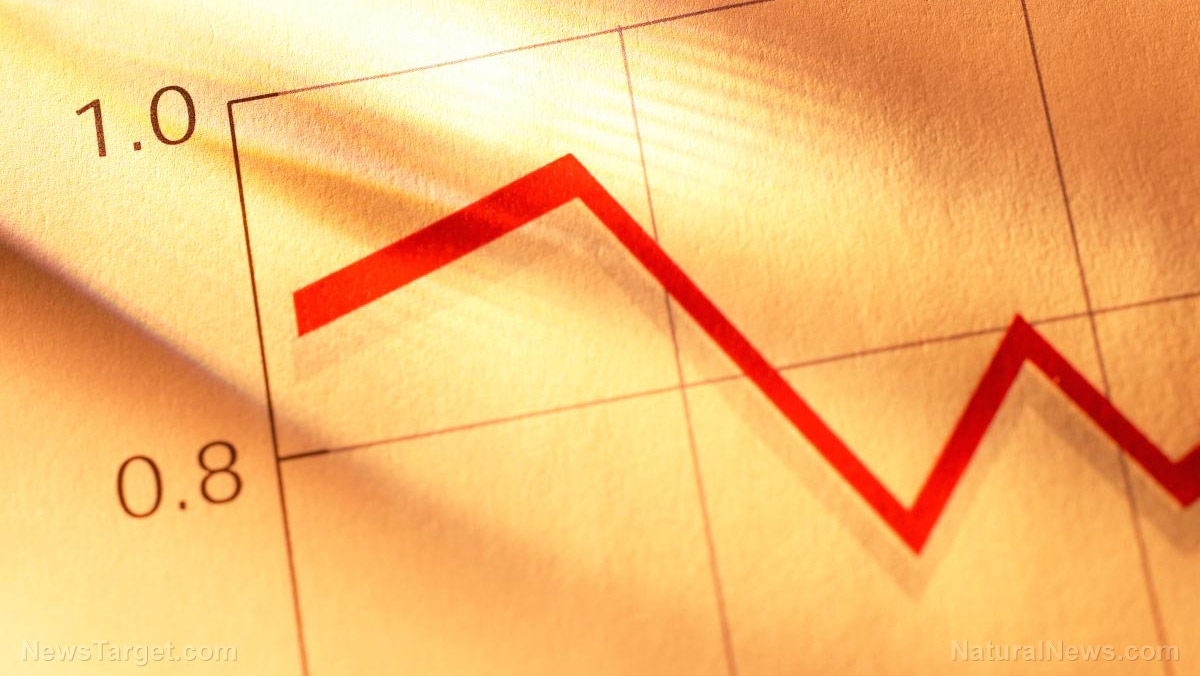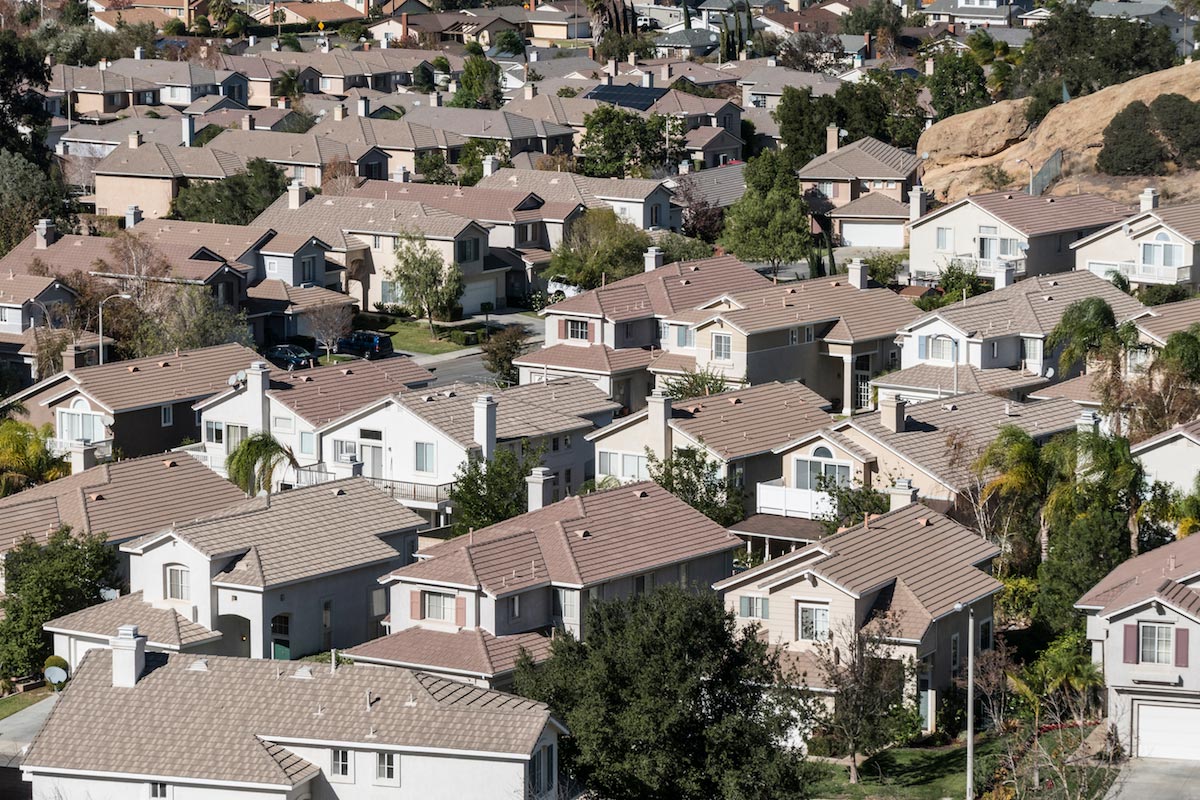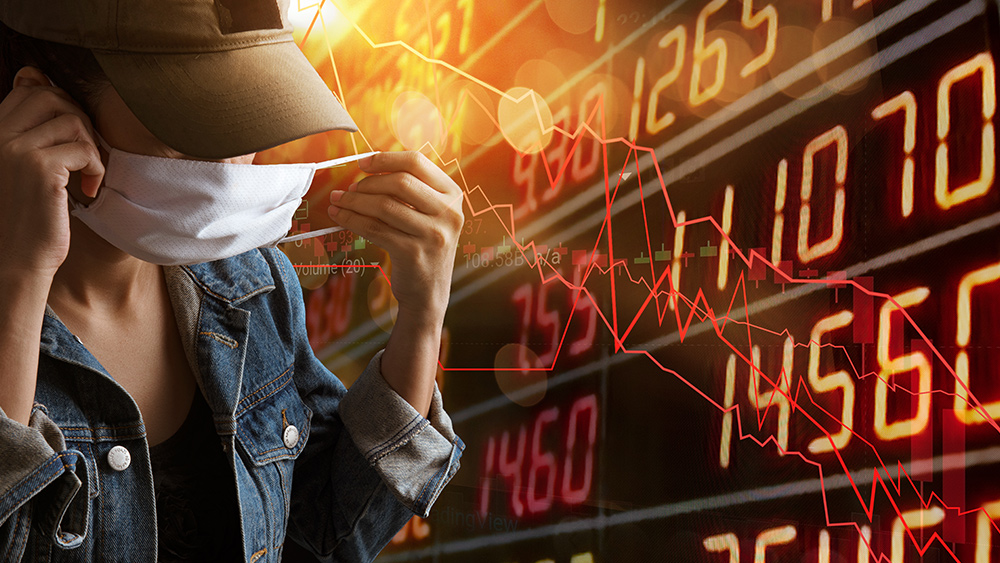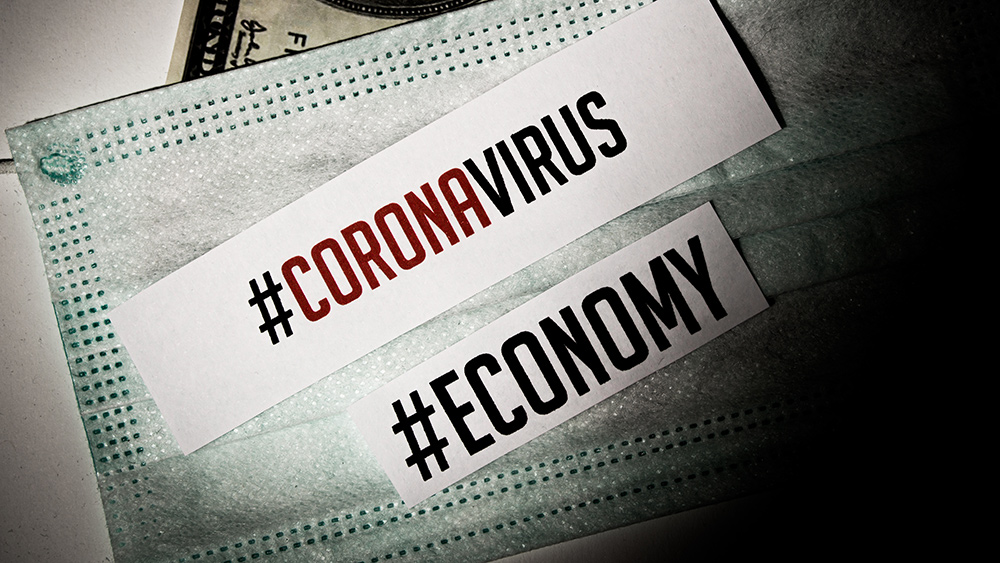Southeast Asian governments are reopening their economies that were devastated by lockdowns
09/15/2021 / By Arsenio Toledo
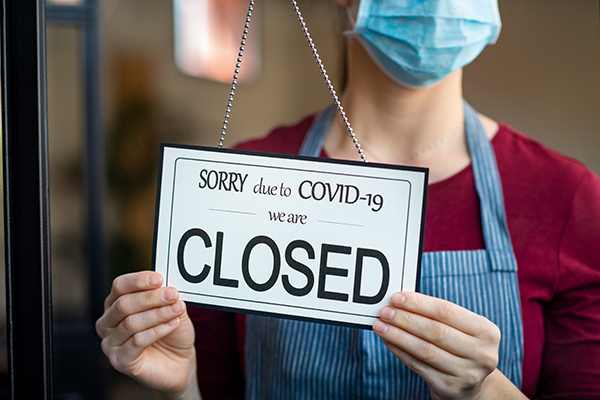
The nations of Southeast Asia are reopening their economies that were devastated by their ill-advised Wuhan coronavirus (COVID-19) lockdowns.
Officials in many of the region’s governments are all pushing forward with their plans to reopen their economies after spending the last few weeks or even months keeping most businesses closed and millions of families unable to make a living.
The economic devastation of the lockdowns has forced Southeast Asian governments to get creative with their supposed solutions to see to people’s needs. In Vietnam, the communist government brought up its military to deliver food to sequestered workers and to the homes of families without decent incomes.
In other parts of the region, other governments are attempting micro-lockdowns and segregating the unvaccinated from the rest of society by only allowing vaccinated individuals to access restaurants or even work at offices.
Now, instead of trying to get creative to implement complex solutions, Southeast Asian governments are simply easing up their lockdowns and rolling back the economically devastating restrictions that came with them.
In Jakarta and most areas on the heavily populated Indonesian island of Java, many restaurants inside shopping malls can now operate at 50 percent dine-in capacity, and shopping malls are being allowed to remain open until 9 p.m. Factories on the island are also being allowed to operate at 100 percent capacity.
In Bangkok and 28 other provinces in Thailand, dine-in restaurants are allowed to operate at a capacity between 50 to 75 percent. But operating hours for dine-in restaurants and shopping malls are still capped at 8 p.m.
Southeast Asia under pressure to restart economy
The goal of easing lockdowns is to make the region’s growth look more positive than last year. Malaysia already cut its 2021 growth forecast in half to just three to four percent due to the lockdowns. Thailand’s critical tourism industry is still lagging behind significantly due to economic restrictions.
Even in Vietnam and Singapore, where both countries economies are expected to grow a good six and seven percent, respectively, both governments are pressured to fully reopen their factories to contribute to addressing global supply chain blockages. The region’s economic experts also fear that continued lockdowns would discourage further investments into the region.
Vietnam is feeling even more pressure due to the aforementioned supply chain breakdowns. The country’s exceptionally restrictive lockdowns have exacted a high toll on manufacturers and exporters. At the same time, the lockdown has notably failed to halt the spread of the coronavirus.
The Vietnamese Ministry of Industry and Trade even warned that the country risks losing a lot of its overseas customers because the lockdown has led to many of the country’s factories shutting down.
According to the European Chamber of Commerce in Vietnam, around 18 percent of its members in the country have already relocated at least part of their production to other countries with less debilitating economic restrictions to ensure the stability of the global supply chain. If the Vietnamese government ignores the advice of its economic advisers, it stands to lose even more business.
Many inhumane pandemic restrictions still remain
The strategies of many Southeast Asian countries have been described as a reorientation. Instead of treating COVID-19 as a pandemic event, the region’s governments are transitioning to treating the coronavirus as endemic.
Thailand, Malaysia and Indonesia are taking their cues from Singapore, whose strategy has been described as learning to “live with the virus.” This means different things to the region’s different countries.
In Indonesia, the government is creating even more regulations to force people to carry around vaccination passports wherever they go. Government ministers are also considering implementing a years-long mask mandate. (Related: Indonesia has become the “COVID epicenter of Asia,” caseload now claimed at 2.6 million and more than 69,000 dead.)
In Malaysia, the government is crafting long-term plans that involve keeping the country’s mask mandate in place, regularly forcing people to take COVID-19 tests and mandatory quarantine for people that test positive.
In Vietnam and the Philippines, both governments are implementing more localized and targeted lockdown strategies. Neighborhoods, down to the street or even houses, can be placed under lockdown if cases in the area increase.
It is unlikely that any of these targeted restrictions will actually deter the spread of the coronavirus. It is also unlikely that the economies of the aforementioned Southeast Asian nations will recover properly unless most, if not all, pandemic restrictions are rolled back.
Sources include:
Tagged Under: coronavirus, coronavirus lockdown, coronavirus restrictions, covid-19, debt collapse, economic crash, economy, government, government debt, Indonesia, Malaysia, philippines, Singapore, Southeast Asia, Thailand, Vietnam
RECENT NEWS & ARTICLES
COPYRIGHT © 2017 BUBBLE NEWS





